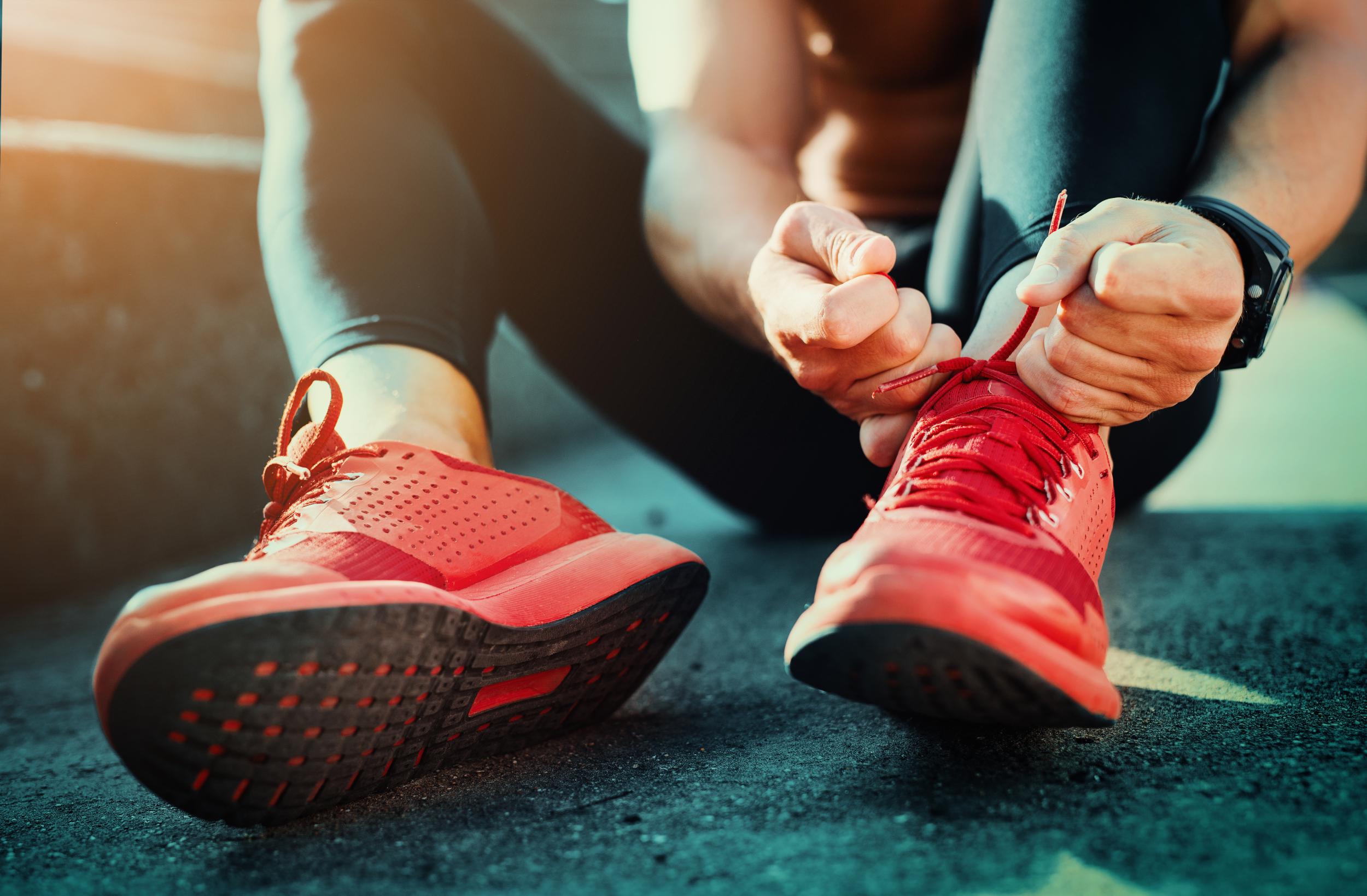How long you need to do cardio to reap the benefits for your body and brain
Research suggests that aerobic exercise is the closest thing to a miracle drug that we have. But how long do you have to do it to see results?

Your support helps us to tell the story
From reproductive rights to climate change to Big Tech, The Independent is on the ground when the story is developing. Whether it's investigating the financials of Elon Musk's pro-Trump PAC or producing our latest documentary, 'The A Word', which shines a light on the American women fighting for reproductive rights, we know how important it is to parse out the facts from the messaging.
At such a critical moment in US history, we need reporters on the ground. Your donation allows us to keep sending journalists to speak to both sides of the story.
The Independent is trusted by Americans across the entire political spectrum. And unlike many other quality news outlets, we choose not to lock Americans out of our reporting and analysis with paywalls. We believe quality journalism should be available to everyone, paid for by those who can afford it.
Your support makes all the difference.Aerobic exercise, or “cardio,” might be the closest thing to a miracle drug that we have.
A growing body of research suggests that when we commit to regular workouts that raise our heart rate and get us moving and sweating for a sustained period of time, magical things happen to our body and brain.
We think more clearly, feel better overall, and protect ourselves against some of the cognitive decline that occurs with age, studies suggest.
“Aerobic exercise ... has a unique capacity to exhilarate and relax, to provide stimulation and calm, to counter depression and dissipate stress,” the authors of an article in the Harvard Medical School blog “Mind and Mood” wrote.
But how long should you be cycling, swimming, walking, or running to reap these benefits?
Overall, research suggests that the magic happens somewhere in the window of about 30-45 minutes at minimum.
Aa recent paper looked at the exercise habits of hundreds of breast cancer survivors who were experiencing symptoms like “chemo brain,” which involves memory loss and trouble focusing. The researchers found that as little as 30 minutes of an aerobic exercise like walking was linked with significantly better performance on cognitive quizzes.
Another study published in May provided some additional support for that research — it found that in adults aged 60-88, walking for 30 minutes four days a week for 12 weeks appeared to strengthen connectivity in a region of the brain where weakened connections have been linked to memory loss.
Similarly, a pilot study in people with severe depression found that just 30 minutes of treadmill walking for 10 consecutive days appeared to be “sufficient to produce a clinically relevant and statistically significant reduction in depression.”
Other research suggests it might be better to do cardio for longer. A study in the British Medical Journal found that in adults over 50, the best results for the brain appeared to come from a routine that combined aerobic exercises with resistance training (i.e. muscle-building exercises like planks and push-ups) and lasted at least 45 minutes.
Researchers still aren't sure why this type of exercise appears to provide a boost to the brain, but some studies suggest it has to do with increased blood flow, which provides our minds with fresh energy and oxygen. One recent study in older women who displayed potential symptoms of dementia also found that aerobic exercise was linked with an increase in the size of the hippocampus, a brain area involved in learning and memory. Another reason might have to do with cardio's ability to help reduce levels of the body's natural stress hormones, such as adrenaline and cortisol, according to a recent study in the Journal of Physical Therapy Science.
Joe Northey, the lead author of the British study and an exercise scientist at the University of Canberra, said his research suggests that anyone in good health over age 50 should do 45 minutes to an hour of aerobic exercise “on as many days of the week as feasible.”
• 15 McDonald's menu items that aren't available in the US or UK
• The one type of exercise you should be doing
• People are psychologically biased to see bald men as dominant leaders
Read the original article on Business Insider UK. © 2017. Follow Business Insider UK on Twitter.
Subscribe to Independent Premium to bookmark this article
Want to bookmark your favourite articles and stories to read or reference later? Start your Independent Premium subscription today.
Join our commenting forum
Join thought-provoking conversations, follow other Independent readers and see their replies
Comments